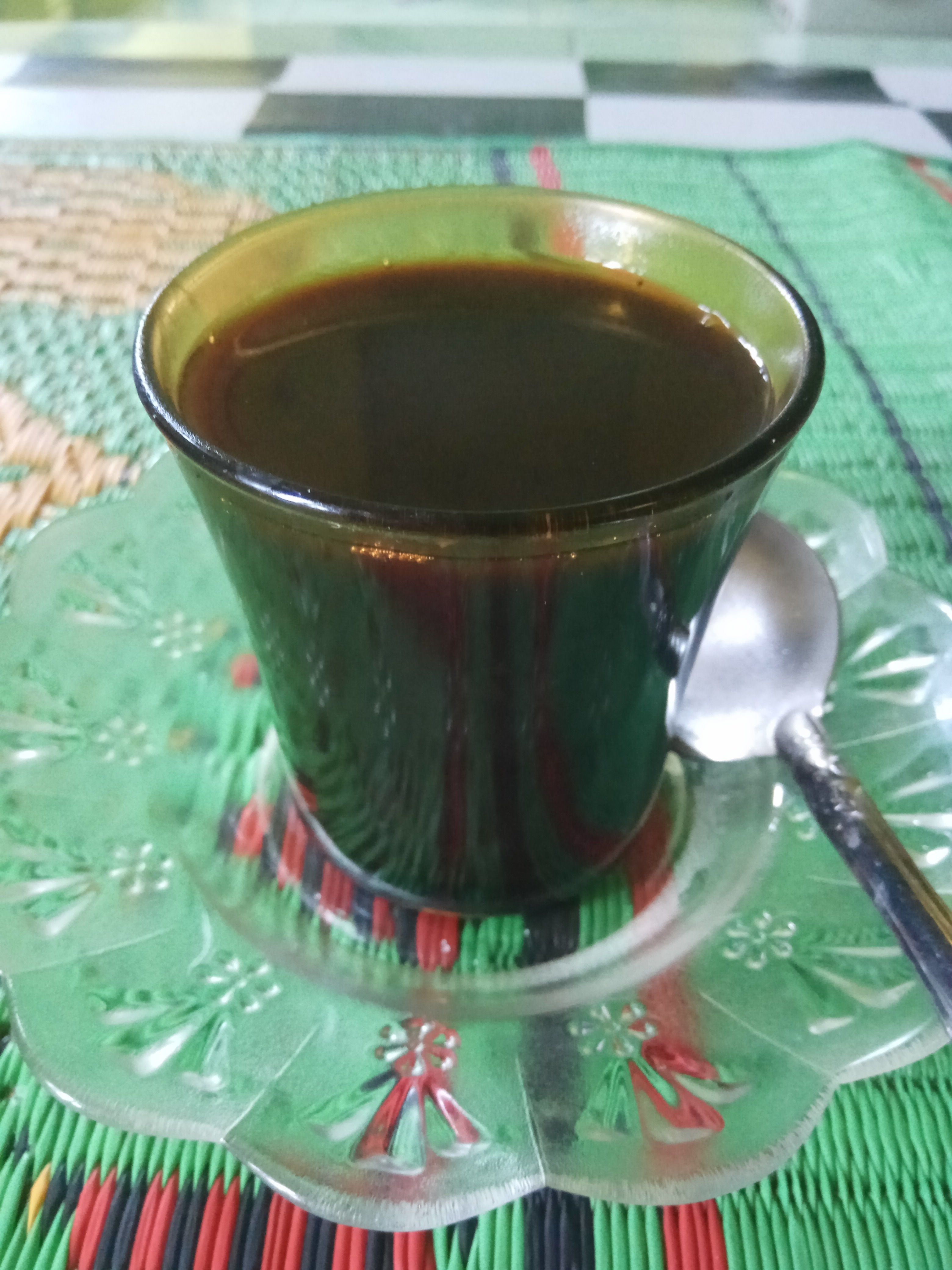Drinking Coffee, Reduce the Risk of Heart Disease
Based on recent research, drinking three cups of coffee a day can reduce the risk of an abnormal heartbeat.
Meanwhile, many health experts advise patients with heart problems such as arrhythmia to avoid caffeinated beverages.
Arrhythmias are a group of conditions that cause the heart to beat irregularly, too slow or too fast.
But now, new evidence from cardiologists in Australia shows different findings.
Research from researchers at the Baker Heart and Diabetes Institute in Melbourne, Australia, reports that caffeine can help protect us from deadly heart problems.
To prove this, the experts analyzed a series of studies that looked at caffeine intake and its effects on atrial and ventricular arrhythmias.
The result, caffeine was able to block the effects of adenosine or chemicals that can increase the risk of abnormal heart rhythms.
Quoted from the page The Independent, some of the research results used as the basis of analysis in this study, namely:
Research involving 228,465 people and showed that the risk of atrial fibrillation - a condition that causes irregular and abnormal heartbeats - fell by six percent in people who drank coffee regularly.
Research that examines 115,993 patients and shows a 13 percent reduction in risk.
A random study of 103 heart attack patients, given 353mg of caffeine per day, also showed an increase in heart rate.
In fact, the study did not show significant symptoms of arrhythmias.
"There is a public perception, often based on anecdotal experience, that caffeine is a common trigger for heart rhythm problems," said Dr. Peter Kistler, the lead researcher.
"Our extensive review of the medical literature suggests that this is not the case," he added.
Only two studies have shown an increased risk for arrhythmias, but researchers believe this occurs when patients drink at least 9-10 cups of coffee a day.
Therefore, researchers argue, drinking up to 300mg of caffine a day - equivalent to three cups, is a safe amount for patients with irregular heartbeats.
The researchers also suggested that patients with jatung problems should consolidate with doctors before deciding to increase caffeine consumption.
In addition, avoiding energy drinks is highly recommended.
